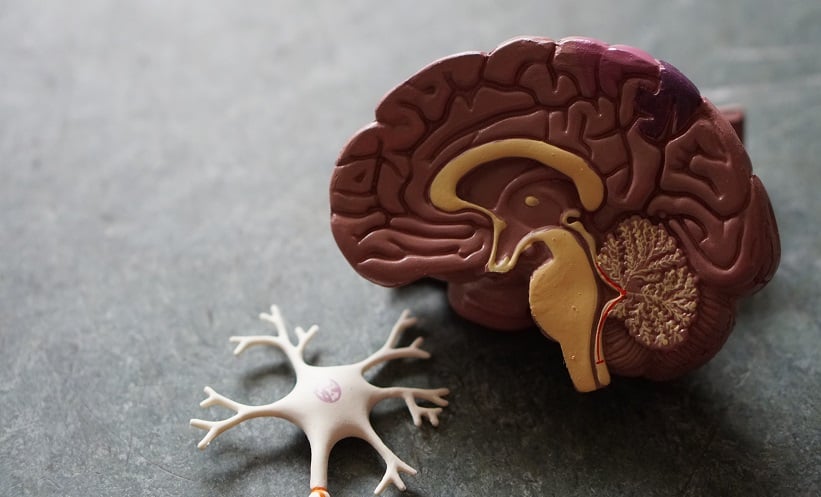FUNCTIONAL seizures that are not caused by epilepsy have been linked to structural changes in the brain, which can be seen on an MRI. Seizures that are not caused by epilepsy, including non-epileptic seizures, psychogenic seizures, functional seizures, or pseudo seizures have long been seen as a result of mental stressors, such as post-traumatic stress disorder and anxiety. This new data could lead to earlier diagnosis of functional seizures, avoiding the misdiagnosis of epilepsy, and the development of new treatments to decrease the number of seizures and increase quality of life.
Patients with functional seizures are often misdiagnosed with epilepsy, on average for 9 years before getting the correct diagnosis. Since not acting in case of epileptic seizures can cause permanent brain damage or death, clinicians tend to give seizure medications when they are unsure. However, approximately 10% of patients who are seen with what is thought to be status epilepticus are actually affected by prolonged functional seizures. This misdiagnosis can greatly harm patients, who can be affected by the side effects of epilepsy treatment.
Researchers analysed more than 650 clinical-grade MRIs, on which they compared patients who had functional seizures with patients who did not have seizures, and could have mental health conditions including anxiety and depression. The data revealed that functional seizures were linked to thinning in the superior temporal cortex, which affects control of one’s actions and cognitive awareness, as well as thickness of the left occipital cortex, which processes visual and other sensory information. These changes were not seen in patients affected by mental health conditions such as depression, anxiety, and obsessive compulsive disorder.
Co-author Nicholas Beimer, University of Michigan Medical School, Ann Arbor, USA, stated: “This work is an example of how we can look more carefully at the tests we already perform, like a standard MRI of the brain, for subtle clues that lead us to the correct diagnosis. I look forward to how this research will be used to improve our diagnostic speed and accuracy, so that we can get our patients with functional seizures to the right treatment sooner.”








